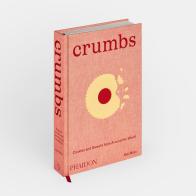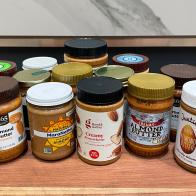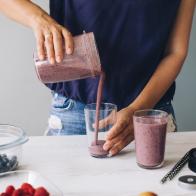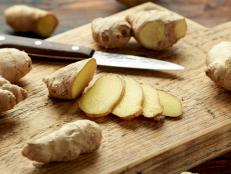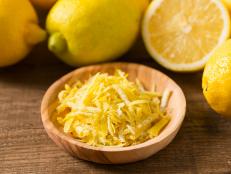Do Honey, Lemon and Ginger Drinks Really Boost Immunity?
The tried-and-true remedy is backed by research.
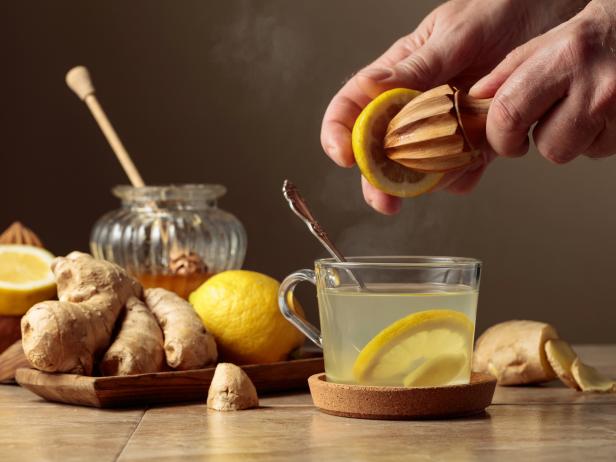
igorr1/Getty Images
Alone or in combination, honey, lemon and ginger are powerful ingredients often celebrated for their immunity-boosting properties. The soothing sweetness of honey, known for its antibacterial and anti-inflammatory effects, lemon for its immunity supporting compounds that live up to the hype and ginger for its centuries of use as a remedy for several ailments. These ingredients can make soothing drinks that not only tastes good but may also do your body some good. Just remember, it’s not a substitute for medical treatment, but a nice addition to a healthy lifestyle.
Honey
Honey can be used by adults and children over one year of age to help relieve common cold symptoms. According to a study, children may benefit from some honey before bed to help prevent sleep disruption from coughing during an illness. The smooth and pleasing texture of honey can help relieve coughs and throat irritation, but the properties of honey can benefit health in other ways. Research supports that honey does have anti-inflammatory properties as it provides several substances that act as cell-protecting antioxidants. This golden, sticky substance also displays antibacterial qualities, but this varies based on the varietal and sourcing so more research is needed. Honey also contains prebiotics that have a positive impact on gut health, which also helps to support a healthy immune system. Incorporate more honey by adding some to teas, lattes, yogurt and smoothies. Make a homemade “cough syrup” by mixing up a blend of honey, water, lemon juice, lemon zest and ginger.
Lemon
Often touted for its immune boosting properties, lemon and other vitamin C-rich foods are possibly the most misunderstood. Vitamin C plays a crucial role in proper immune functioning and not getting a daily dose of 60 milligrams per day may have a negative impact on the immune system. Since the risk of vitamin C deficiency is rare in the U.S., taking in excessive amounts will not bolster immune function but getting in a little extra can help with the spikes in inflammation that occur when you’re sick. A meta-analysis published in 2023 determined that vitamin C may have a more substantial impact on shortening the duration of severe colds and less impact on mild illnesses. All citrus fruit also contain antioxidant-rich flavonoids including hesperidin, a compound with anti-inflammatory properties. Add lemon to warm and cold beverages to add that signature spark of brightness.
Ginger
Gingerroot and other ginger containing products have been studied for a vast range of health benefits including cardiovascular wellness, joint health, inflammation and gastrointestinal well-being. Ginger contains several bioactive compounds that help fight inflammation associated with several illnesses and medical conditions. Recommended doses vary from 20 milligrams to more than 1,600 milligrams per day; the use of supplements may need consultation with a health professional. As for culinary applications, the warm, spicy kick of ginger makes a lovely addition to brewed teas, sparkling water, soups and broths; steep slices of fresh ginger in hot water for the simplest of ginger-rich sippers.
Related Content:
















